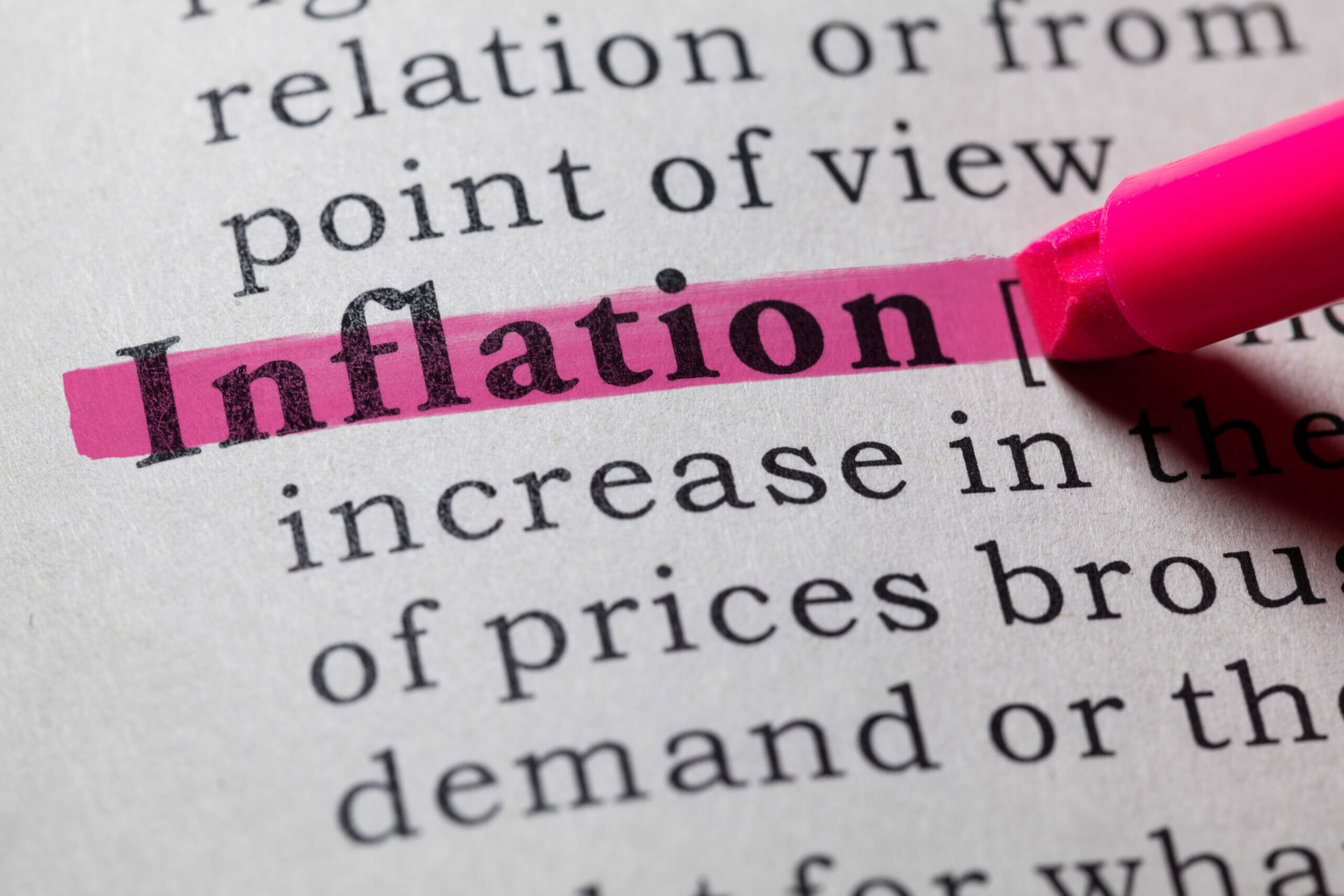Many of the world’s biggest economies will enter recession in the coming year.
According to the chief economist at the brokerage firm Nomura Holdings, many of the world’s most important economies will go into a recession in the next 12 months as central banks aggressively tighten monetary policy to fight rising inflation.
“Right now, most central banks have switched to a single goal, which is to bring down inflation. The credibility of monetary policy is too valuable to risk losing. So they’re going to be very aggressive,” Rob Subbaraman, who is also head of global markets research, Asia excluding Japan, said on CNBC’s “Street Signs Asia” on Tuesday.
“That means rate hikes up front. We’ve been warning for a few months about the possibility of a recession, and now we’re taking action. And now, many of the developed economies are actually going into recession,” he said.
In addition to the U.S., Nomura said in a research note that it expects recessions in the euro zone, the U.K., Japan, South Korea, Australia, and Canada.
Subbaraman said that the world’s central banks had “super loose monetary policy” for too long, hoping that inflation would be temporary. Now, he told CNBC, governments have to play catch-up and try to get back in charge of the story about inflation.
“Another thing I want to point out is that you can’t depend on exports for growth when many economies are getting worse. That’s another reason why we think this risk of a recession is very real and will probably happen,” Subbaraman said.

The U.S. recession is short but deep.
Nomura predicts that the U.S. will go into a shallow but long recession beginning in the fourth quarter of 2022.
“The U.S. will go into recession, which means that GDP growth will go down from quarter to quarter starting in Q4 of this year. It will not be a deep recession, but it will last a long time. “It’s going to last for the next five quarters,” Subbaraman said.
Rate hikes are being used by the U.S. Federal Reserve and the European Central Bank, among others, to try to stop record inflation.
In June, the Fed raised its benchmark interest rate by 75 basis points, bringing it to a range of 1.5%-1.75 %. Fed Chair Jerome Powell has said that there could be another increase of 50 or 75 basis points in July.
“The Fed will raise interest rates during this recession because we think inflation is going to stay high. “Getting down will be hard,” Subbaraman said.
“We think the Fed will raise rates by 75 basis points in July and 50 basis points at the next meeting,” the economist said, describing Nomura’s forecasts. “Then a series of 25 [basis points] until the Fed funds rate reaches 3.75 percent in February of next year.”
Dangers for middle-sized economies
In the research note, Nomura pointed out that Australia, Canada, and South Korea are among the mid-sized economies that have had housing booms that were driven by debt. The report said that they could have recessions that are worse than expected if rising interest rates cause housing busts and debt reduction.
“The odd one out is China, which is coming out of a recession as the economy opens up thanks to accommodative policies. However, as long as Beijing sticks to its zero-Covid strategy, it could face new lockdowns and another recession,” the note said.
“If central banks don’t tighten monetary policy now to bring down inflation, moving to a high inflation regime and staying there is much worse for the economy,” Subbaraman warned.
It will lead to spiralling wage and price increases, which will be “even worse for the economy and the average person in the long run,” he said.
“It’s hard to say this in a nice way, but it’s better for the world economy and society to take the pain now and get inflation down than to let inflation get out of hand, as we learned in the 1970s.”
